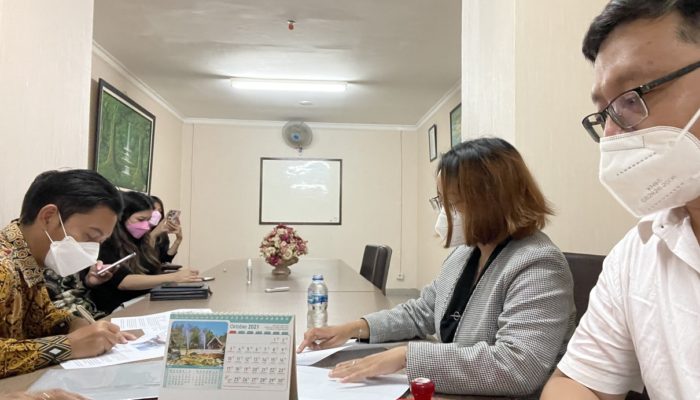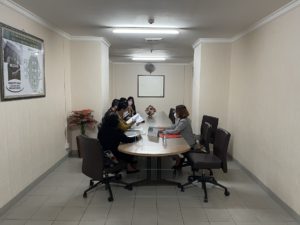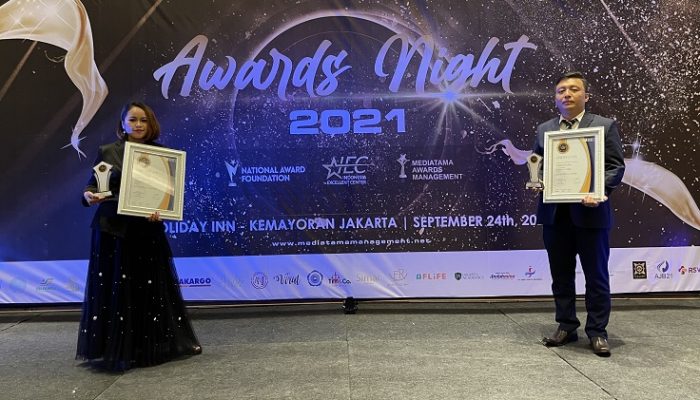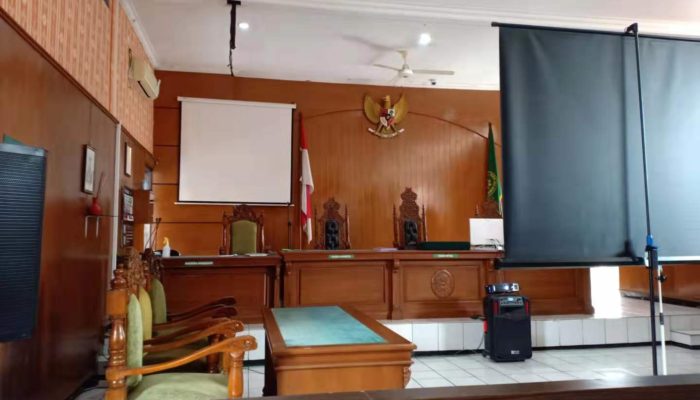In any country, including Indonesia, a taxation is an essential tool for the development of the entire society. Through taxation, people can enjoy infrastructure such as roads, terminals, stations, airports, etc. Therefore, it is not surprising that the country expects its citizens to comply with tax regulations. Furthermore, not only residents but also corporations or legal entities are subject to tax.
Every corporate tax is related to income tax. Income tax (PPh) means a type of tax levied on a specific party. Therefore, corporate tax applies not only to Indonesian companies but also to foreign companies.
Therefore, everyone has to pay tax obligations, including Limited Liability Company (PT), Limited Partnership (CV), and Firm (Fa). Additionally, these companies and legal entities must have a Taxpayer Identification Number (NPWP).
So, what corporate taxes are required and must be paid by the above companies and entities? Here are eight types of corporate income taxes to know about.
- Income Tax Article 21 (PPh 21)
Income Tax Article 21 is a monthly tax that must be paid. This tax comes from the taxpayer’s income, such as wages, allowances, or other service charges. Companies have usually taken direct deductions from taxpayers’ or employees’ wages. Then submit proof of withholding Income Tax Article 21 paid to the employee. - Income Tax Article 22 (PPh 22)
Income Tax Article 22 applies to certain state-owned and private business entities engaged in export, import, and re-import trade activities. However, the tax can only be levied when there is a profit between buyers and sellers. - Income Tax Article 23 (PPh 23)
Income Tax Article 23 is levied on the taxpayer in the event of a transaction between the parties. These transactions include royalties, gifts, interest, or rent. However, it can also be a commercial transaction such as a building or service. - Income Tax Article 25 (PPh 25)
Income Tax Article 25 is a tax paid in installments. The tax owed must be paid within one year, and its purpose is to reduce the burden on taxpayers. This tax must be paid by the taxpayer himself and cannot be paid on his behalf. - Income Tax Article 26 (PPh 26)
Income Tax Article 26 is an income tax levied on income earned by foreign taxpayers from Indonesia. If Indonesian regulations apply, the rate is 20% of the net income valuation. However, where the provisions of the Tax Treaty apply, the rates will be determined by specific terms and conditions. - Income Tax Article 29 (PPh 29)
Income Tax Article 29 is the underpaid income tax listed in the annual Income Tax Return (SPT), i.e. the remainder of the income tax payable for the relevant tax year less Income Tax Article 21, Income Tax Article 22, Income Tax Article 23, Income Tax Article 24 and Income Tax Article 25 credits. - Income Tax Article 4 (2) (PPh Pasal 4 ayat 2)
Income Tax Article 4 (2) is also known as final income tax and the rate of income tax varies depending on the income. For example, for micro, small and medium-sized businesses, self-employed or online businesses with a turnover of less than IDR 4.8 billion in 1 tax year, the tax rate is 1% of the total sales for 1 tax year. - Income Tax Article 15 (PPh 15)
Income Tax Article 15 is an income tax levied on taxpayers engaged in the shipping industry, international airlines, and foreign insurance companies.
For start-up companies, taxes are often very complicated. Therefore, in order to avoid mistakes in corporate taxation, it is recommended that taxpayers go directly to the local tax office for more detailed inquiry and confirmation.




















